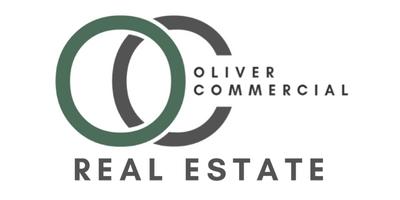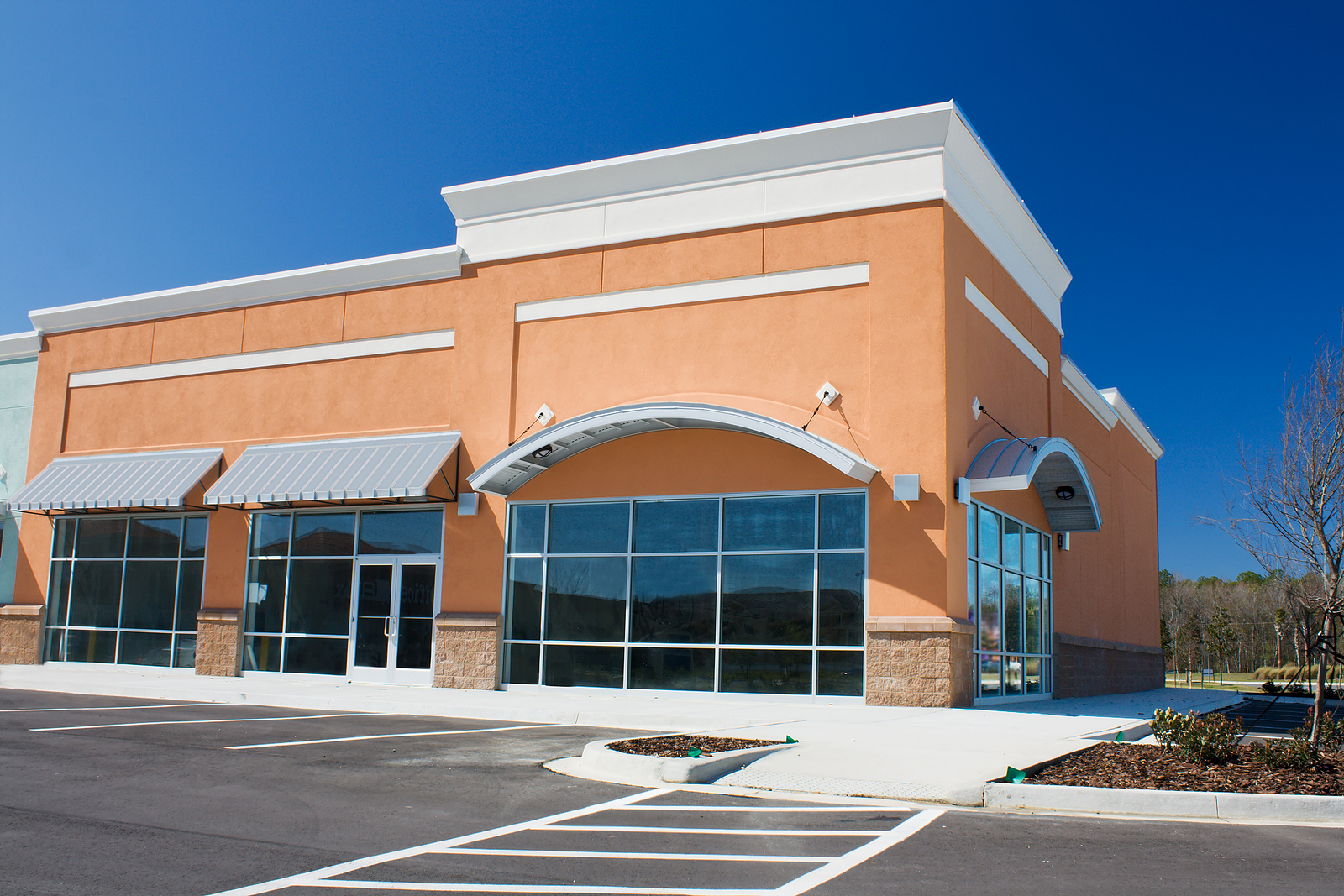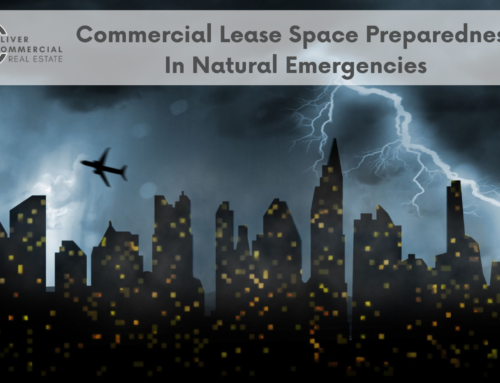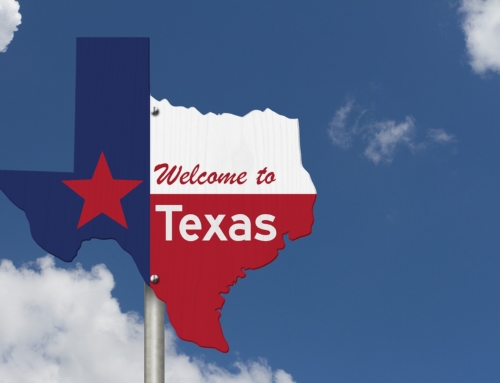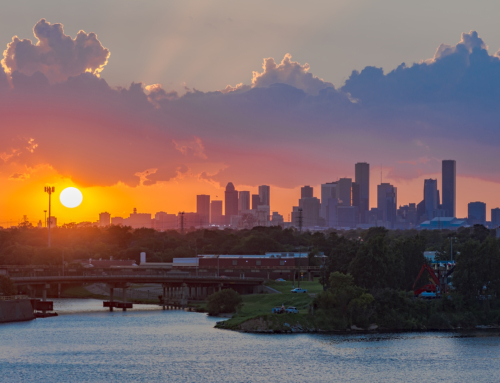If you’re looking for a retail location in Houston, you’ve hit the jackpot! Houston is one of the most populated cities in the United States with an abundance of new construction. The myriad of choices can be challenging to decide which is right for your business. Here is how to strategize for finding a retail location in Houston.
Importance of Retail Locations
Choosing the right retail location is essential to the success of your business. Storefronts are a must for restaurants, doctors’ offices, and specialty stores. They can help to increase foot traffic, generate awareness for your brand, and drive sales of physical goods.
Your retail store’s location will impact the foot traffic you receive. Always choose a place that is centrally located and easy to find. An excellent retail location can also help generate awareness for your brand. It’s ideal to consider a location near other businesses or high-traffic areas
Types of Retail Locations
There are different types of retail locations, each with its advantages and disadvantages. Here are the most common types.
Shopping Center
This is a group of retail stores typically located near each other. Shopping centers can be large or small, indoor or outdoor, and they usually have a variety of stores that cater to different needs. The types of retailers and the goods or services they offer can also vary. It is recommended to investigate tenant amenities, parking availability, and other property regulations for retailers before signing the lease.
Strip Mall
A strip mall is a group of retail stores located next to each other, usually in a row. Strip malls typically have a variety of stores, but they tend to be smaller than shopping centers.
Downtown Shops
Usually, many older, well-established retailers can be found in a downtown area. Since space is limited, this is a good choice for high-visibility brand anchors or specialty stores. These retail locations may have heavy foot traffic, give more freedom, and have fewer rules for business owners. Some downsides are high rents, limited or expensive customer parking, and a restricted area for expansion.
Free-Standing Retail Locations
This could be a stand-alone building located in a neighborhood or off a highway. Free-standing locations are appropriate for any retail business and can be found in many sizes.
Business Parks
A business park is an office building where several buildings are grouped. This retail location is ideal for a business whose customers are other businesses. These buildings often have a professional, upscale appearance and shared common areas. The tenants share the maintenance costs and are easily accessible to other tenants. They also have adequate parking and well-maintained outdoor spaces. (Waters, 2020)
3 Things to Consider When Choosing a Retail Location
When choosing a retail location, there are three main things to consider when making a decision.
Business Rates
In addition to rent, some of the other ‘hidden’ costs to consider are average utilities costs and taxes, parking, deposits, and maintenance. Renovation costs to existing spaces should also be a consideration in the big picture of the location.
Terms of the Lease
One of the most important factors is the length of the lease. Signing a long-term lease helps to secure the price for a long time. Still, it offers less flexibility. A short-term lease provides more flexibility and the possibility of a rent increase should you decide to extend the lease. It’s recommended to look at the lease contract thoroughly before signing it.
Customers
Who is your ideal customer? Does your target audience live in the area of your preferred retail location? Keeping your footfall in mind is essential. Choose a location that balances your ideal customer profile and foot traffic. (Davies, 2022)
Retail locations are essential to any business plan because they are necessary to reach target markets, generate sales, and grow a company. With so many choices, it’s vital to do your research and talk to experts who can help you choose the right location for your business.
What Oliver Commercial Real Estate Offers You
When it comes to retail locations, Houston has a lot to offer. It has a favorable business location, pocket-friendly rentals, a multi-cultured talent pool, and a large commercial real-estate inventory.
One of our latest retail location acquisitions in Sugar Land was a great investment for our client. Oliver CRE not only represented the client in the acquisition but was also awarded both management and leasing contracts for the retail center.
Our commercial spaces are in convenient and accessible areas of Houston, from the Houston Ship Channel to The Woodlands. Our team of locally qualified agents and property managers will do a needs analysis with you. This helps us deliver the best possible solution for your commercial real estate needs.
Some of our services include:
- Tenant Representation – finding and closing the best commercial properties for the tenant
- Commercial/Industrial Space Brokerage – executive suites, office condos, mixed-used offices, and warehouse spaces
- Property Management
- Construction services for renovation and build-outs
Feel free to contact Oliver CRE at (281) 558-1111 to schedule an appointment.
Works Cited
Waters, Shari. “Learn about the Different Retail and Store Location Options and Types.” The Balance Small Business, The Balance Small Business, 6 Feb. 2020,
www.thebalancesmb.com/types-of-retail-locations-2890244.
Davies, Rhiân. “Retail Location: Where to Put Your Retail Store.” The Motley Fool, 5 Aug. 2022,
www.fool.com/the-ascent/small-business/retail-management/articles/retail-locations/.

